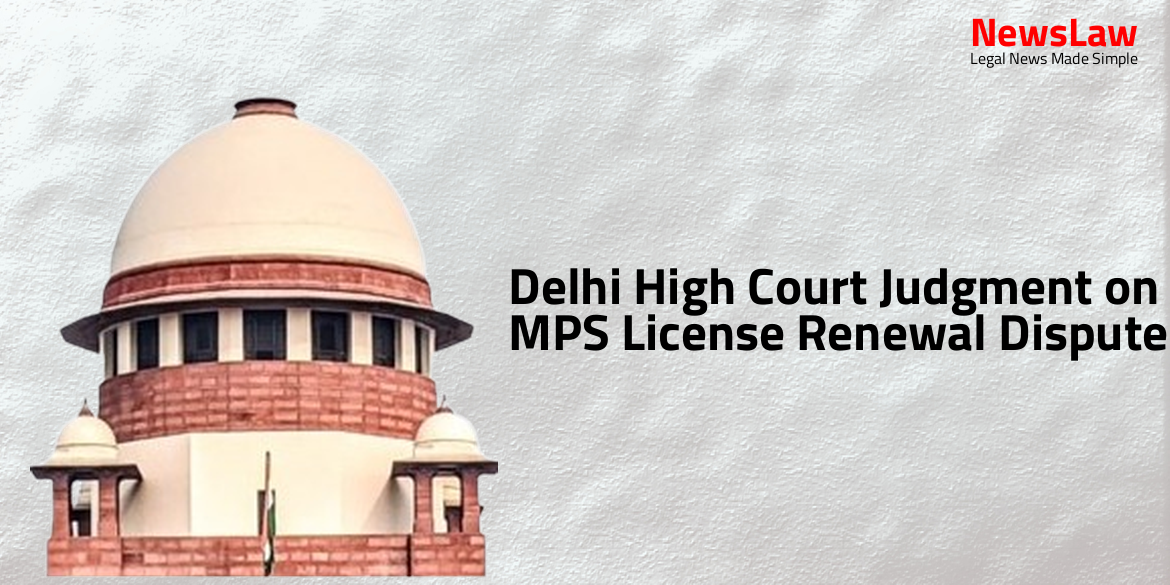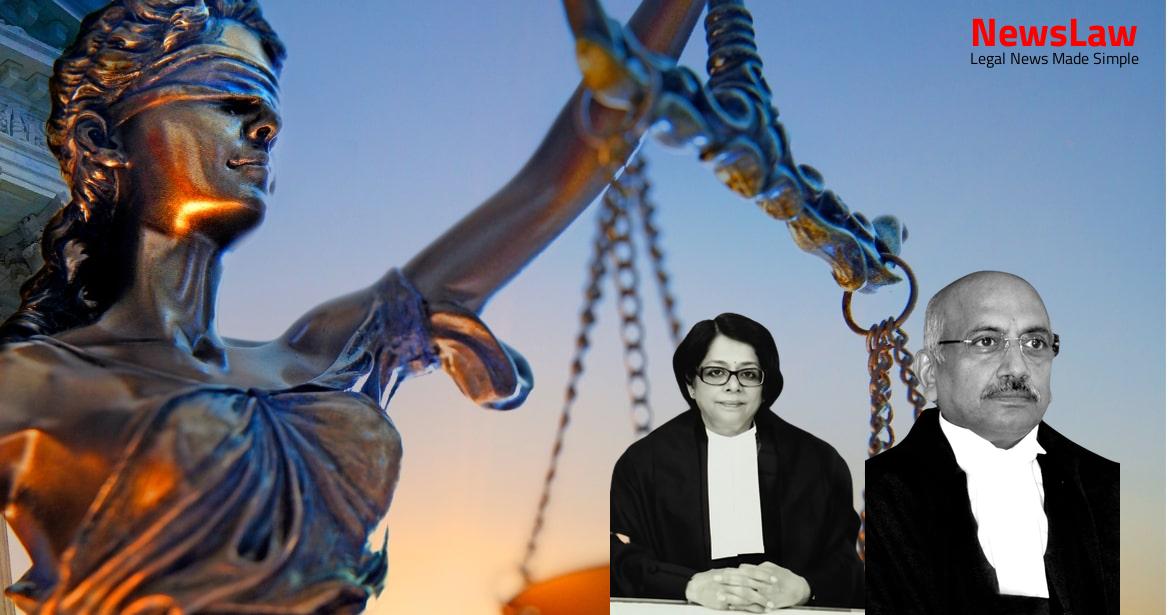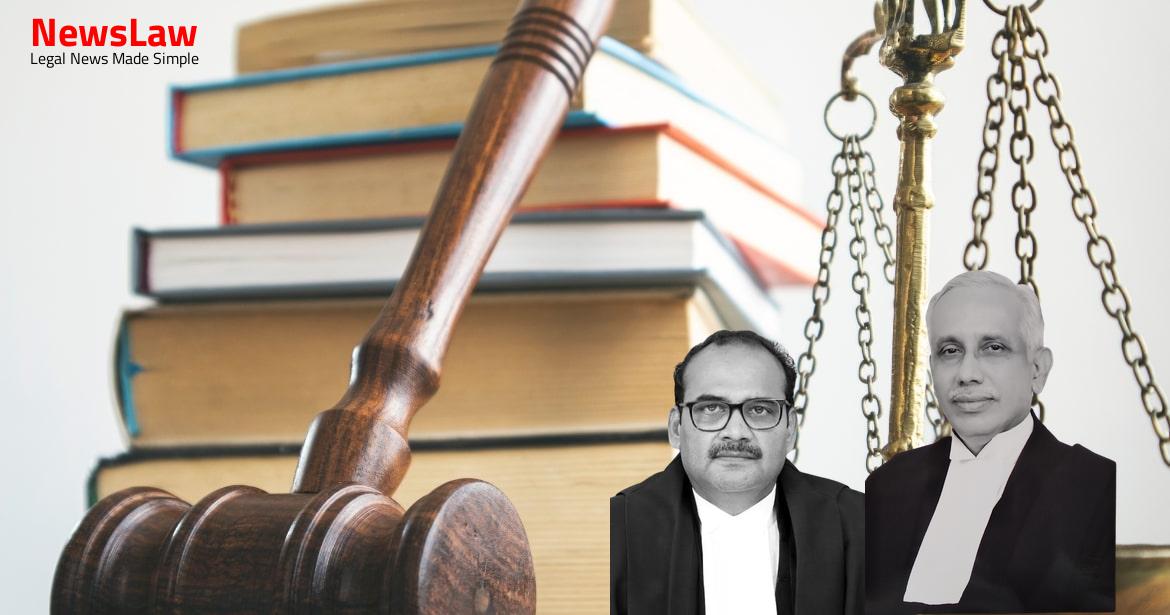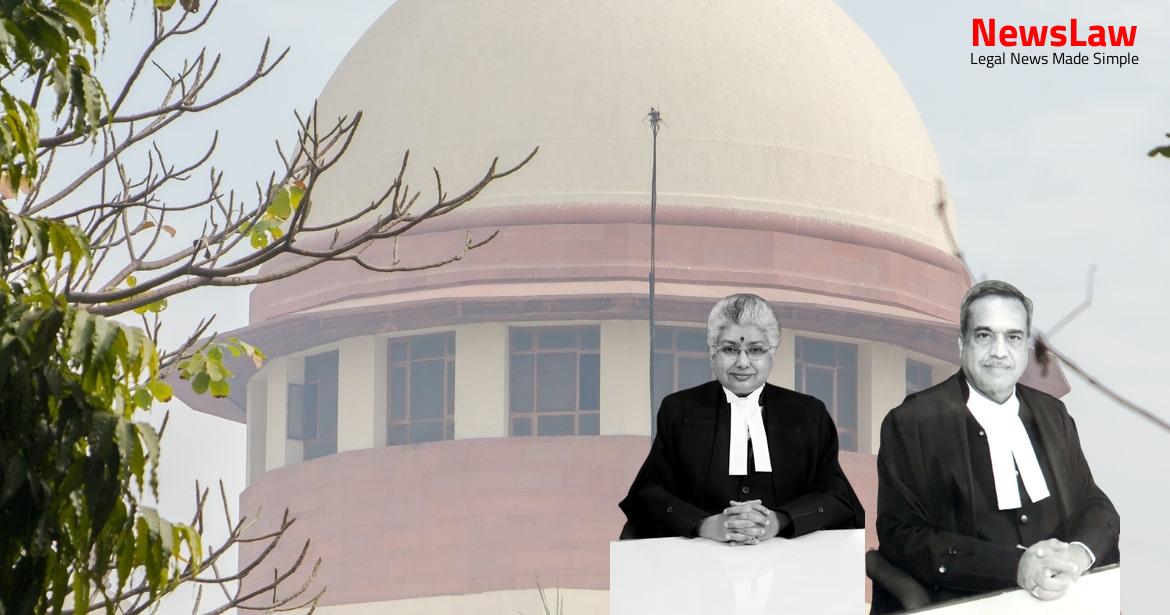In a significant legal battle between the petitioners and the respondents, the Delhi High Court delivered a decisive judgment on the MPS license renewal dispute. The case delves into the complexities of license agreements and the application of policies in the commercial sector. Stay informed about the latest developments in this intriguing legal saga.
Facts
- Petitioner no.1, 2, and 3 were running miscellaneous stalls/trolleys as per Commercial Circular No. 96 of 2007, until they were forced to convert to MPS in 2017 as per the 2017 Policy.
- Master License Agreements were executed between the petitioners and the respondent no.2, with specific terms and tenure mentioned.
- The tenure of the license agreements was originally until 21.12.2022, with no provision for extension or renewal.
- Due to a force majeure event, the tenure was extended by 68 days till 27.02.2023, as communicated in letters dated 14.12.2022.
- The petitioners were directed to vacate their MPS on 27.02.2023 as per the communicated extension.
- Petitioner no.1 operates three MPS at Bareilly Railway Station, petitioner no.2 operates one MPS at Moradabad Railway Station, and petitioner no.3 operates one MPS at Haridwar Railway Station.
Arguments
- The petitioners’ licenses have expired by efflux of time and they have no right to compel the respondents to extend the License as per the 2017 Policy.
- The Karnataka High Court dismissed a similar challenge against the 2017 Policy in a previous judgment.
- The 2017 Policy clearly states that there will be no renewal or extension of license, which is different from the situation in South Central Railways case.
- Petitioners cannot now contest the 2017 Policy after availing its benefits for five years.
- Petitioners’ licenses are governed by the 2017 Policy which they voluntarily applied for.
- The demand for renewal of licenses is considered violative of Article 14, 19(1)(g), and 21 of the Constitution.
- The root cause for the punitive demands is stated to be paragraph 1744 of the Indian Railways Commercial Manual.
- The petitioners seek to challenge the conditions of the policy even though they benefitted from it for five years.
- There is a claim of legitimate expectation that their licenses will be renewed throughout their lifetime.
- The petitioners argue that the refusal to renew their licenses is arbitrary and violates their fundamental rights.
- An extension of the license period proportional to the reduction in fees due to Covid-19 is requested.
- Conversion of stalls to MPS units under coercion, economic duress, and unequal bargaining position is asserted by the petitioners.
- The petitioners challenge the jurisdiction of the court citing exclusive jurisdiction clauses in license agreements.
- The 2017 Policy aims to prevent monopolization of licenses and provide equal opportunities for livelihood.
- The petitioners were aware of the no-renewal clause in the new policy and voluntarily applied for conversion to MPS units.
- Clause 11 of the 2017 Policy extending its applicability to existing stalls/trolleys is considered arbitrary by the petitioners.
- Petitioner signed a contract for a non-renewable five-year period.
- The contract was not under Catering Policy but a different policy.
- The petitioner cannot now seek to go back to a policy no longer in existence.
- The Supreme Court judgment on Catering Policy does not apply to the petitioner’s case.
- The petitioner enjoyed the benefits of the contract and cannot now demand renewal under a different policy.
Analysis
- The contention of the petitioners that they were compelled to convert their stalls/trolleys to MPS is untenable.
- The licenses held by the petitioners are subject to the terms and conditions outlined in the 2017 Policy.
- The extension of the license period due to Covid-19 was done in accordance with a force majeure event.
- The 2017 Policy explicitly renders the license non-renewable, and the challenge to Clause 5 and 11 of this policy is deemed unsustainable.
- The policy decision to retender all MPS units after the license tenure ensures equitable opportunities for all eligible individuals.
- In this specific part of the judgment, the court discusses the issue at hand regarding STA.
- The court examines the relevant arguments presented by both parties.
- It provides a detailed analysis of the legal principles and precedents applicable to the case.
- The court then reaches a conclusion based on the interpretation of STA.
- Overall, this part of the judgment focuses on the interpretation and application of STA in the case.
- Merely because relaxation was granted in the past due to change in examination pattern/syllabus, no right to demand relaxation can be claimed by participants for final attempt or crossing upper age limit in 2020 exam.
- Legal principle: Writ of Mandamus cannot be used to direct enactment of laws or framing of rules.
- A Mandamus is applicable for enforcing fundamental rights or statutory rights, or related fundamental duties.
- Issuance of Mandamus requires a breach or threat to breach a fundamental, statutory, or enforceable equitable right.
- Courts have jurisdiction to declare laws as unconstitutional.
- Distinguishing between judicial review of policy decision and issuing mandamus for framing policy in a specific manner.
- A legitimate expectation does not always entitle the expectant to relief; public interest, policy changes, or valid reasons by decision-maker can negate it.
- No public body has arbitrary power to decline license renewal without rational purpose unless compelling reasons exist.
- Individual license agreements and the 2017 Policy contain an arbitration clause for grievances related to extension insufficiency due to Covid-19 or claims for damages.
- Petitioners can invoke the arbitration clause and initiate appropriate proceedings in case of dissatisfaction or claims.
- The provisions of the 2017 Policy apply to licensees who have not yet formally executed the license agreement.
Decision
- Existing stalls/trolleys have the option to convert into Multi Purpose Stalls (MPS) by paying the quoted License Fee.
- After expiry of current agreements, new MPS space will be allotted by Zonal Railways.
- A one-time conversion option is provided to existing licensees with a tenure of 5 years from the date of conversion.
- An option was given to either convert into MPS or continue with existing stalls/trolleys till the end of the current agreement.
- The Multi Purpose Stall policy is effective immediately and supersedes previous policies.
- Petitioners opted for converting their stalls/trolleys into MPS under the 2017 Policy.
- A 3-month grace period is granted for vacating stalls after conversion to MPS.
- Pending applications are disposed of, and the rights of petitioners are preserved.
- Northern Railway is the common railway zone for many petitions in the batch, leading the court to entertain and adjudicate on common issues.
Case Title: M/S DJ SHINGRANI AND RT PARIYANI Vs. UNION OF INDIA & ORS. (2024:DHC:4452)
Case Number: W.P.(C)-12541/2023



